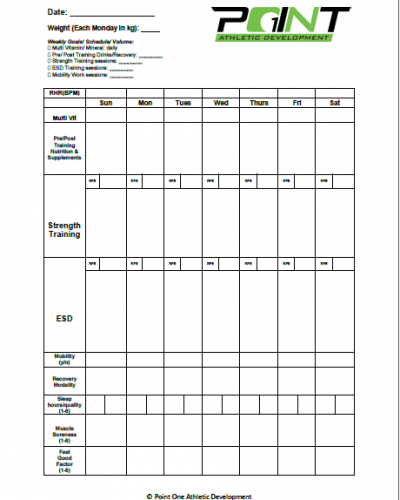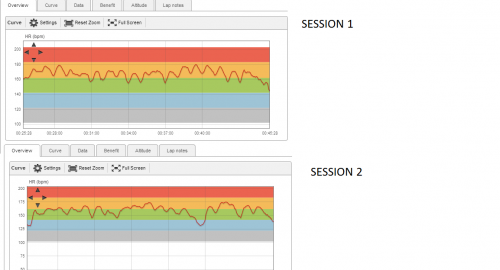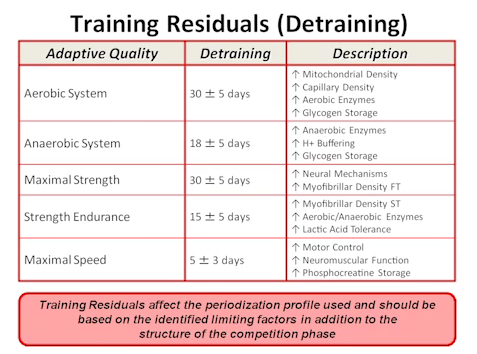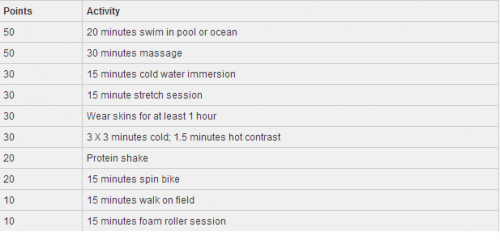It’s early/mid October. Your race/riding season if you live in the Northern Hemisphere is pretty much over and doesn’t kick off again for a good few months…
So how did things go? Goals achieved? New benchmarks set, personal bests on Strava, race wins, got through a week in the alps without arm-pump or alcohol poisoning?
Taking some time to reflect on the riding season just gone, review your approaches and execution of training, riding, planning and nutrition and asking yourself or your coach some tough questions is a must if you want to plan better, improve and grow for 2015!
Do the worthwhile things better, avoid repeating the same mistakes as last year and generally just improve the whole process. So how do you go about doing it? Well I’m gonna give you a few “top-tips” below and hopefully some ideas to start the mental juices flowing so you too can review your season just gone!
1) Question Time
Sit down or stand up…pen and paper, voice recorder or chalk board! It doesn’t really matter. Just answer, honestly, some key questions about your race season and preparation period (off-season) just gone. Some examples to get the ball rolling!
– Did I achieve my goals?
– What was my best result?
– What gave me the most satisfaction this year?
– Biggest disappointment and why?
– What training did I enjoy the most/least?
– How was my mental approach to riding and racing? Nervous, relaxed, focused etc…?
– Did my coach listen to my needs, questions, demands etc…?
– What physical qualities did I lack during riding racing the most?
– Did I complete all training as prescribed most of the time?
– Did I diligently fill in training diaries?
– Did you enjoy training/riding/racing/the process?**
– Was I too sore from training to race well?
– How was my technique, freshness and FGF during the critical race periods?
The list of meaningful questions is endless, you could ask yourself or work together with your coach to ask all the key questions to cover all areas of performance planning. If you have a coach and a “post-season” review is not something they do then maybe there’s something up! Because it really is an invaluable process.
**that’s a very important question right there
2) Data Review and reflection
Keeping track of performance parameters is something both athlete and coach should do! It’s a team/joint effort. Interpreting the data and implementing change is up to the well educated athlete that coaches themselves or a coach if they employ a coach. But if there is no data to interpret then there are no changes to be made!
Same goes with a post-season review. Reviewing all the data you canto see how things really panned out is a very constructive way to make changes for the next year. So where would we get this data from? Well hopefully from a variety of sources, but valid reliable and measurable ones…because remember if you can’t measure it it’s awfully hard to change it.
First up is a training log or Training Tracker as we like to call it here at Point1 – It’s simple way to keep track of progress, see patterns in adaptation to training and recovery loads but also a great way to keep athlete and coach honest with a mix of objective and subjective scores and data! What does it provide post season, well it provides a deeper insight into each training week, block or period. You can then use it lined up against other data, results or memories to join some dots and see what did and didn’t work right from week 1 of the Off-Season to the final day of the “In-Season”.

Like mentioned above reviewing data from the year gone past can come from many sources, the more the merrier aslong as you know what to look for and where to make conclusions from! Other great sources of data would be;
HR data from training sessions – session totals, Trimp scores, HRrecovery (HRr), resting HR’s pre/post session etc…
Power Metre Data – average powers, peaks, normalised powers over rides or weeks of training, power profiles of your event, best events, worst events, fatigue, freshness, cardiac drift (need HR data for that) and 1,000 other things!
Race results and split times – www.rootsandrain.com is every MTB races best friend; % time behind winner, faster at split 1/2 or 3, lap times, stage times – faster early on, late on, need to work on fatigue, energy management, efficiency or mental arousal etc…
Strava or other such nightmares – comparing times, climbs and duration from many years, rides, weeks or months. Overall “on the bike volume”.
Gym based results – weights lifted, exercises selected, injury prevention or pre-hab volumes, specific testing, transfer of training.
Video analysis – races, training, go-pro etc…
It’s a pretty comprehensive list really, so many ways to look back and reflect on your work done and results acheived. Did they match your goals, what was good, what needs to be changed?

3) In-Season Planning
I always find it funny when people say, “ohh you don’t need a coach during the season”; “it’s off-season that counts”, “just ride your bike” etc… Well put very simply, 6 weeks of just riding your bike with no real plan can very easily un-do much of your hard work during the off-season.
So with that in mind an excellent area to “review” post-season is how your training loads and planning where during the racing or riding heaviest part of the year!
Did you train, maintain or just ride your brains out? What worked and what didn’t (training tracker is very handy here). How was your balance of fitness, freshness and fatigue?
Honestly to think that you’ll get away with just 6 months+ of racing with no plan and come out “on-top” is crazy! Some athletes come in to their race or riding season hot and fat and burn out, others come in cold and build some sort of specific fitness on the bike slowly, others get it all just right and last the whole season of racing or riding in pretty much tip-top shape!
What you should be looking to review from your “in-season” planning is individual and sport/discipline specific but here are some good places to start.
1) Training load, type, timing and volumes: The idea of Residual Effects comes mainly from “Block Periodisation” made popular by coaches like Issurin, Verkhoshansky and Bondarchuk. Using the “half-life” of the key physical qualities of your discipline to decide when and what to train and in what volumes is a great place to start for your in-season planning and like-wise a perfect place to start reviewing your in-season plan.
Did you leave weeks and weeks without training your Max Strength or Speed? How important are these qualities to the outcome of your event? How often does your tech training or riding target certain qualities, if it does is the load sufficient to maintain or improve that physical quality? I’ll let the Table below explain the rest.

2) Race week! The one time when many things go “tits-up” for racers. What can you improve on for next year? The good, bad and VERY UGLY? The questions you need to ask?
– What training did I do mid-week?
– Did I recover fully from last weekends riding/racing?
– What active recovery modalities did I use? Did they work?
– Di I reduce or maintain training volumes in week of race? Why?
– Did I come into race day fresh both mentally and physically?
– Was there enough or too much physical, technical or tactical training during the week?
– What was my mental state like during the week, race, weekend etc…?

Train hard in the off-season and then get the fine-tuning in-season right and you’re on to a winner!
3)Recovery – What strategies did you use for recovery? Why? When? What worked, what didn’t? Too much of a good thing is always a bad thing. So planning your recovery in-season is key and as such reflecting on what worked pos-season will help you make far better decisions for next year.
The key is to promote recovery both mentally and physically but not to reduce or blunt our windows of opportunity to train and adapt.
Fitness – Fatigue + Freshness = Form
Remember that the mental state is just as important as the physical one, so plan recovery accordingly!

So there you have it three key areas to review after your riding or racing season. There are certainly other areas and avenues to pursue, but the above is a good start.
Feel free to add your own thoughts and ideas in the comments below!

